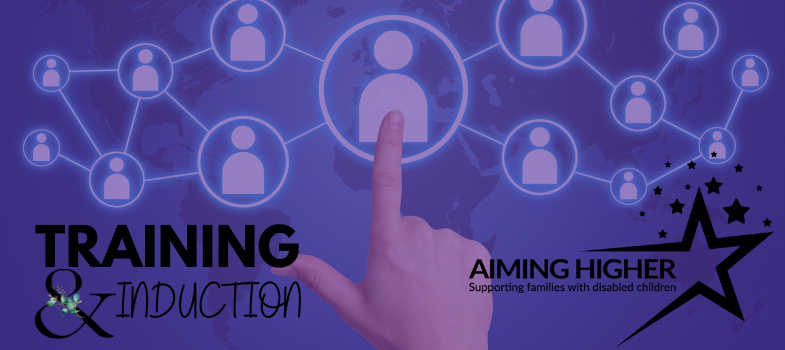Children with Disabilities
This section is an additional part of your safeguarding training, and covers issues specifically related to children with disabilities.
13. Double Discrimination
Double discrimination faces many disabled children from black and minority ethnic groups and refugee and asylum seeking children.
They can experience additional difficulties and challenges in accessing and receiving services and often those they do receive are not sensitive to their culture and language or relevant to their needs.
Robert and Harris draw attention to the risk of disabled children from refugee and asylum seeking families being severely isolated and hiding their impairment through fear of being different or of this adversely affecting their immigration status.
Disabled children and young people are particularly vulnerable to forced marriage because they are often reliant on their families for care, they may have communication difficulties and they may have fewer opportunities to tell anyone outside the family about what is happening to them.
Parents may want to find a carer for their child in the future, or are under pressure to follow cultural norms.
Some disabled young people do not have the capacity to consent to marriage.
Some may be unable to consent to
consummate the marriage – sexual intercourse without consent is rape. (Gov.uk, July 2009)
